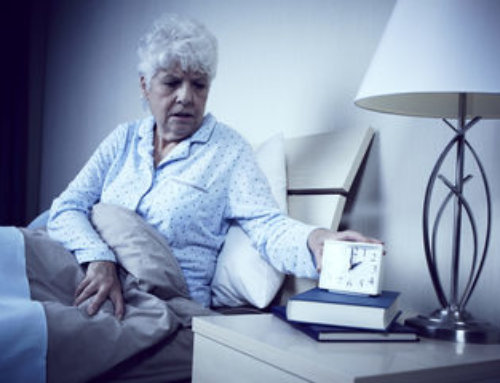On Sept. 23, 2013, the 36th meeting of the Sleep Disorders Research Advisory Board was held at the National Center on Sleep Disorders Research in Bethesda, Md. Dr. Sairam Parthasarathy chaired the meeting, and several board members and TransNIH Institute/Center representatives were in attendance. Members of the public were invited to attend or listen by phone.
NCSDR Director Dr. Michael Twery gave a presentation on Inter-agency activities, Healthy People 2020, and National Heart, Lung, and Blood Institute (NHLBI) initiatives and events. Of timely interest, Dr. Twery called attention to a recent RFA to solicit Small Business Innovation Research (SBIR) applications to develop biomarker panels for point of care assessment of insufficient sleep (RFA-HL-14-013).
Dr. Phyllis Zee presented the Joint SRS/AASM Research Task Force updates and gave an overview of the white paper that the group has written, which includes outlining priorities and goals for promoting the objectives laid out in the National Institutes of Health Sleep Disorders Research Plan, released in 2011. The NIH program representatives, also members of the TransNIH committee, were very enthusiastic about the paper and look forward to seeing it published. The importance of having a document that can reach beyond the small group that participated in its writing and carry a message to the broader community, resonated through the comments by participants at the meeting.
Dr. James Kiley also presented and spoke of the importance of stakeholders in the sleep and circadian field coming together and speaking in one voice. The work that needs to be done will require coordination and cooperation in a spirit of maximizing efficiencies, coming together in a Big Data era to reach further and accomplish more, and bringing it back to the people to preserve health, reduce risk, promote healing and improve health management.
A presentation and announcement of opportunities through the Big Data to Knowledge (BD2K) initiative was made by Dr. Jennie Larkin, who herself has a background in sleep research. Discussion followed around the topic of how Big Data approaches might enable sleep and circadian research.
April Oh then informed the group about a National Cancer Institute Behavioral Research Program, the Family Life, Activity, Sun, Health, and Eating Study (FLASHE), which will include an actigraphy component including 7 days of actigraphic data from a subsample of 900 adolescents. Sleep items also will include bedtimes and rise times for weekdays and weekends.
Dr. D. Lee Alekel, of the National Center for Complementary and Alternative Medicine, discussed the emerging TransNIH interest in sleep and pain research and shared plans for a workshop on this topic that will be held this spring.




